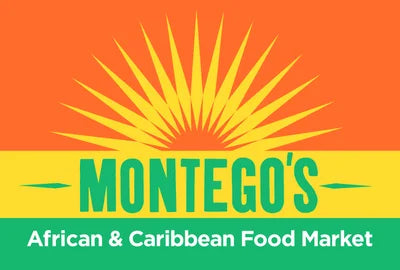
Republic of Zimbabwe 🇿🇼 Independence Day
On April 18, 1980, Zimbabwe, formerly known as Rhodesia, celebrated its independence from British colonial rule. The road to freedom was marked by a long and arduous struggle for self-determination, led by prominent leaders and characterized by significant milestones in the fight against colonial oppression.
British colonization of Zimbabwe began in the late 19th century and resulted in the establishment of a racially segregated society with the minority white population holding political and economic power, while the majority Black population faced discrimination and marginalization.

The fight for independence gained momentum in the mid-20th century, with leaders such as Joshua Nkomo and Robert Mugabe at the forefront of the liberation movements. The Zimbabwe African National Union (ZANU) and the Zimbabwe African People's Union (ZAPU) played crucial roles in organizing resistance against the colonial regime.
The struggle for independence was not without its share of challenges and sacrifices.
The liberation movements engaged in armed resistance, launching guerrilla warfare campaigns against the colonial forces. The Lancaster House Agreement of 1979, signed in London, paved the way for a peaceful transition to independence and laid the foundations for a democratic Zimbabwe.

On April 18, 1980, Zimbabwe emerged as an independent nation, with Robert Mugabe becoming the country's first prime minister. The momentous occasion marked a significant turning point in Zimbabwean history, as the nation sought to rebuild and establish a society based on principles of equality, justice, and economic empowerment.
Post-independence, Zimbabwe faced various challenges, including land reform, economic stability, and political transformation. The government embarked on a land redistribution program aimed at addressing historical injustices and redistributing land to the Black majority.
However, this process was not without controversy and had significant ramifications for the country's agricultural sector and economy.
Over the years, Zimbabwe has experienced both achievements and setbacks on its journey towards progress.
It has made strides in education, healthcare, and infrastructure development, while also grappling with economic fluctuations and political dynamics.

The independence day of Zimbabwe serves as a reminder of the nation's struggle for freedom, the resilience of its people, and the collective determination to shape their own destiny. It is a time to honor the sacrifices of those who fought for liberation and to reflect on the challenges and opportunities that lie ahead.
Zimbabwe's independence has left a lasting impact on the collective African consciousness, symbolizing the aspirations of nations across the continent to break free from colonial rule and to establish societies based on principles of self-governance, equality, and prosperity.




